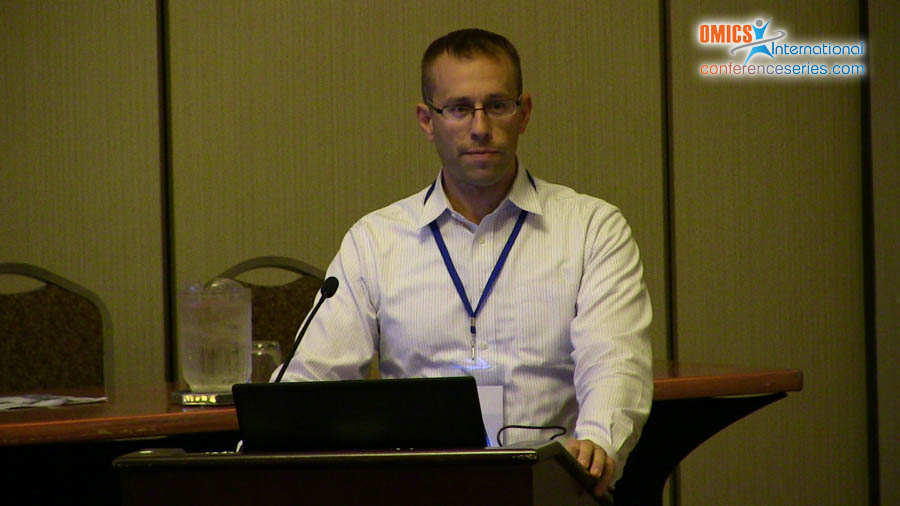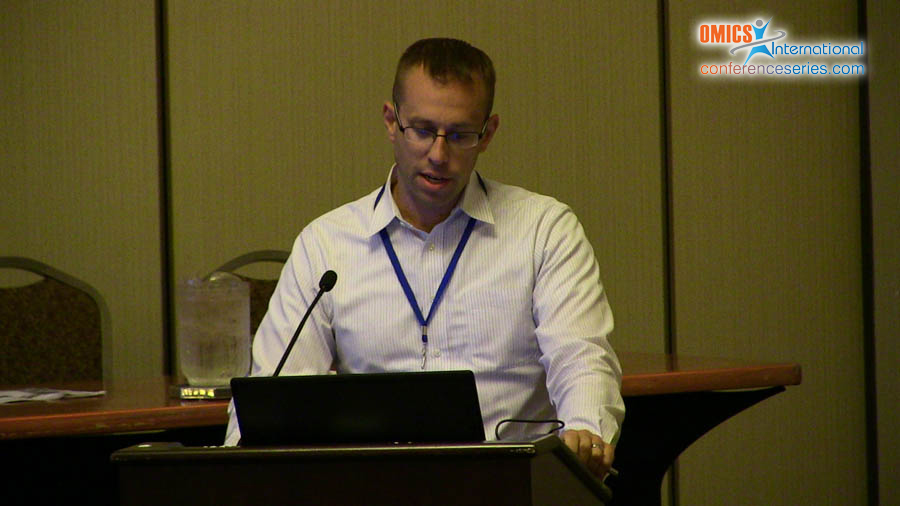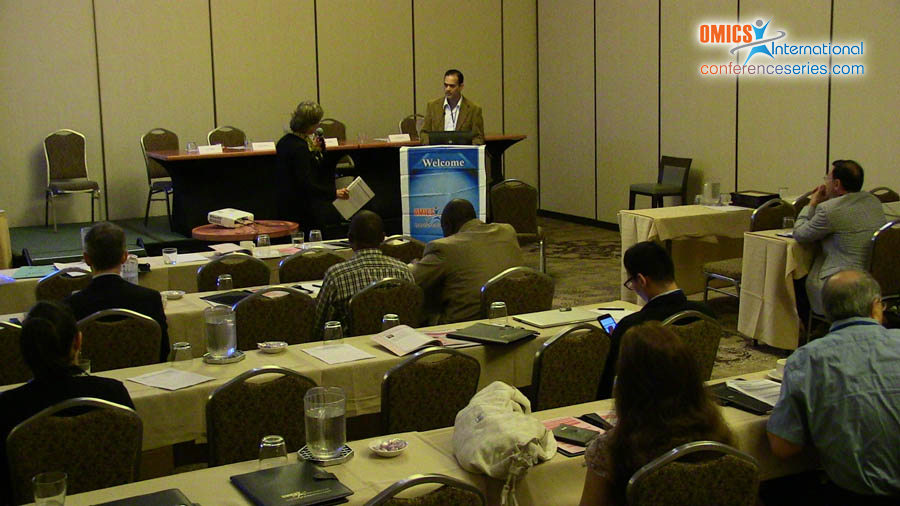
Zachary A. Cooper
University of Texas MD Anderson Cancer Center
USA
Title: Understanding responses to therapy and rationale for combination strategies
Biography
Biography: Zachary A. Cooper
Abstract
There have been significant advances in melanoma therapy over the past several years, with several molecularly targeted and immunotherapeutic agents recently FDA-approved for use the treatment of patients with metastatic disease. However with these advances, we are posed with therapeutic dilemmas with regard to timing and sequence of therapy. Namely, there is significant debate as to whether to begin treatment with targeted therapy versus immunotherapy upfront, and at which point to change treatment strategy. This is highly relevant, as each of these treatments as mono-therapy have significant limitations.
As a group, we have focused on better understanding response and resistance to therapy through longitudinal tissue and blood analyses in patients on targeted therapy and immunotherapy. We have worked with investigators worldwide to better understand response and resistance to therapy, and have gained critical insights that have led to therapeutic inroads for patients with melanoma. This includes the use of combination strategies, such as adding immune checkpoint blockade to a backbone of molecularly targeted therapy. Clinical trials combining these strategies are currently underway, and it is becoming increasingly apparent that complexities exist with regard to these combinations.
A better understanding of mechanisms of response to combination strategies through translational research is critical, and is best performed on longitudinal patient samples during the course of therapy, which may inform (and be informed by) parallel murine studies. Ultimately, ideal combination approaches will be built on a deep understanding of molecular and immune effects of each therapy in isolation, as well as in combination.




